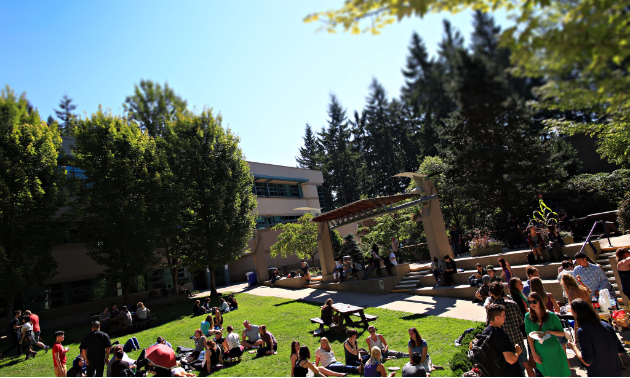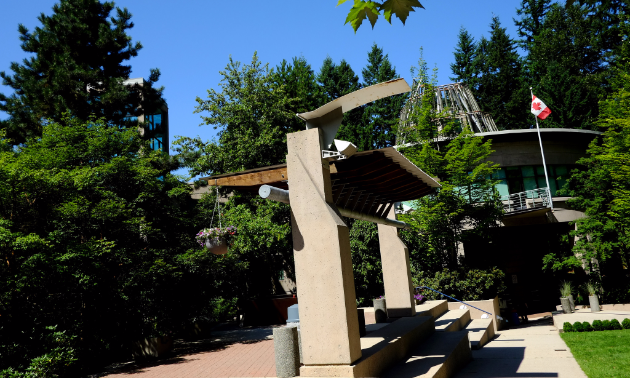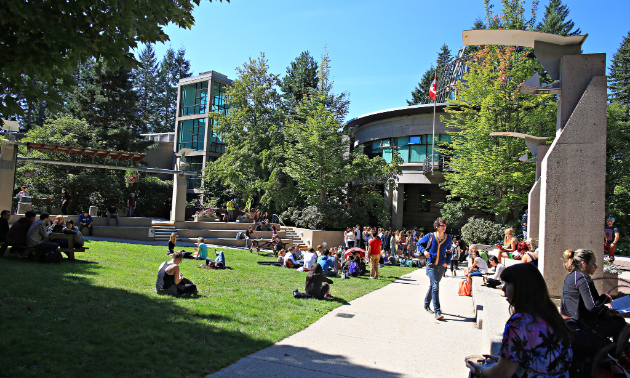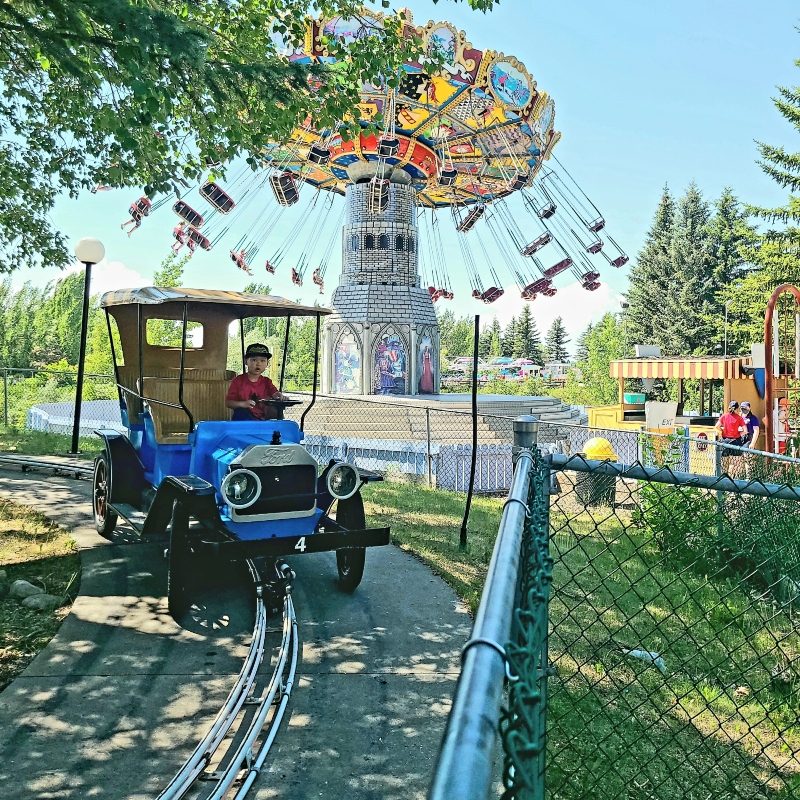Affordable housing - Could RV living be part of the solution?

Over the past 10 years, many RV parks in British Columbia have welcomed a steady and profitable increase in national and international visitors. Unfortunately, due to skyrocketing land values, others have found it more profitable to close down, or are considering their options.
On another front, a white paper released on April 9, 2016, by the Alliance of BC Students (ABCS) noted that, during that same decade, university and college enrollments have not only grown exponentially year over year, but “…increasing numbers of students are left to struggle in an increasingly difficult rental market.”
Today, those struggling students have joined the thousands of seniors and lower-income working Canadians who are trapped in what is widely referred to as a “housing affordability crisis."

That crisis is common throughout B.C. but is especially acute in the Lower Mainland; so much so that the provincial government has committed almost a billion dollars toward increasing the number of rental units available in the region. Trouble is, even if construction began tomorrow, it is unreasonable to expect the first units will be completed in less than three to five years; what happens to people in the meantime?
Faculty member Professor Michael Markwick of North Vancouver’s Capilano University said, “As our students rack up serious debt to pay for their courses, many have had no option but to ‘couch surf’ in friends’ homes or, worse still, ‘sleep rough’ or in community shelters."
In 20/20 hindsight, the writing was already on the wall for housing affordability in 1990 when I made the decision to become a full-time RVer.

In part because I don’t care for apartments/condos and because I’d always been intrigued by the RV lifestyle, I decided that living in a 26-foot Prowler Regal–and later a 32-foot fifth wheel with three slides–would be workable and certainly more affordable.
My decision to locate in the Capilano River RV Park was easy. It was close to family, work, shopping centres and all the recreational facilities a person could want. I have never regretted that move. I welcomed the independence that came with the lifestyle and the easy friendships I made with travellers and like-minded full-timers.
So when I learned from the ABCS executive that “B.C. universities have fallen far behind their Alberta counterparts” when it comes to campus residence spaces, it didn’t take long for a more immediate RV-living solution to come to mind.
In order to arrest a trend that could result in the loss of valuable tourism assets, could the provincial government encourage municipalities to amend their bylaws to allow RV parks to alleviate at least some of B.C.’s affordable housing crisis?
Encouraging mature post-secondary students who are in school from October to May should be especially attractive to the parks because students’ need for accommodation would slot neatly into the tourism October to May slow season.
The beauty of RVs and park models is that, new or gently used, they come fully furnished; all anyone needs to add are bedding, towels, toiletries and a few pots, pans and dishes. Depending on size, RVs can accommodate two or more people for cost-sharing–especially in the bunk-model designs.
Many seniors, too, who are downsizing from the upkeep and garden maintenance of larger homes, would welcome the ease, friendliness and amenities that come with living in an RV park.
Where there’s a will, there surely is an RV way.








